
In recent times, in order to ensure the system operates safely, sustainably and in compliance with the law, through monitoring, inspection and examination activities, the State Bank of Vietnam has regularly issued written notices and warnings to credit institutions to strictly comply with legal regulations, instructions of the State Bank and directions of relevant competent authorities.
Implementing the Prime Minister's direction in Official Dispatch No. 159/CD-TTg dated September 7, 2025 on the direction of fiscal and monetary policy management and Resolution No. 273/NQ-CP dated September 9, 2025 of the Government on the regular meeting of the Government in August 2025, the State Bank recently held a Conference on internal control, auditing and inspection of credit institutions in 2025. This is an important step to improve the quality of governance, contributing to maintaining macroeconomic stability, controlling inflation, and ensuring major balances of the economy.
According to State Bank Governor Nguyen Thi Hong, basically, the credit structure is in line with the orientation and direction of the Government, the Prime Minister , and the State Bank. The activities of the Board of Control, internal audit, and compliance inspection and supervision departments at credit institutions have had many positive changes. Many credit institutions are more concerned with internal control, enhancing the independence of internal audit, some have built models suitable to the scale of operation, applied data technology, and automated processes to improve transparency and objectivity.
At the Conference, the State Bank thoroughly requested credit institutions to continue to closely follow and seriously implement the directions of the Government, the Prime Minister and the Governor of the State Bank, especially in credit work. Banks need to focus on reducing costs, simplifying procedures, promoting digital transformation to create conditions to reduce lending interest rates. Credit flows must be directed more towards production and business sectors, priority industries, traditional growth drivers of the economy (investment, export, consumption) and new growth drivers such as science and technology, innovation, digital economy, green economy, circular economy, etc.

At the same time, credit institutions need to strictly control credit for areas with potential risks; proactively consider funding for key feasible and effective projects, including credit programs for social housing loans, infrastructure investment, digital technology, support for linking production, processing and consumption of high-quality rice.
Regarding internal control, audit and inspection, the State Bank emphasizes the requirement that the Board of Directors, Executive Board and Supervisory Board at credit institutions must properly recognize the importance and role of internal control, audit and compliance inspection and supervision, ensuring proper implementation of the provisions of Circular 13/2018/TT-NHNN (amended and supplemented) and relevant legal provisions; considering this an effective tool in risk management of credit institutions. Units need to review, issue and promptly amend internal regulations, ensure compliance with the law, and eliminate overlapping and loose regulations.
Internal audit quality must be improved, accordingly, it is necessary to develop a risk-oriented audit plan, focusing on key areas (large credit granting, bad debt, financial investment, insurance, corporate bonds, information technology). Internal audit needs to clearly state the cause, responsibility, and specific recommendations for handling each violation to serve as a basis for risk management. Along with that, the human resources for auditing and monitoring need to be supplemented and trained in depth in risk management, data analysis, financial technology, anti-money laundering, and cyber security.
In particular, the application of technology must become a key direction. The use of big data analysis, artificial intelligence (AI), and process automation will help audit activities take place continuously, monitor in real time, and promptly warn of risks.
These orientations once again affirm the determination of the banking sector in building a safe, transparent and modern credit institution system. Improving the quality of internal control, auditing and inspection is not only a compliance requirement, but also a foundation for the banking system to accompany the sustainable development of the economy, contributing to the successful implementation of the goals set by the Party, the National Assembly and the Government.
Source: https://nhandan.vn/nang-cao-hieu-qua-cong-tac-kiem-soat-kiem-toan-va-kiem-tra-noi-bo-cua-to-chuc-tin-dung-post908172.html





![[Photo] General Secretary To Lam chaired a working session with the Standing Committee of the Party Committee of the Ministry of Foreign Affairs](https://vphoto.vietnam.vn/thumb/1200x675/vietnam/resource/IMAGE/2025/9/15/f26e945b18984e8a99ef82e5ac7b5e7d)
![[Photo] President Luong Cuong attends the opening ceremony of the new school year at the National Defense Academy](https://vphoto.vietnam.vn/thumb/1200x675/vietnam/resource/IMAGE/2025/9/15/c65f03c8c2984e60bd84e6e01affa8a0)




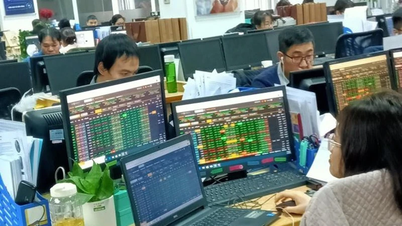



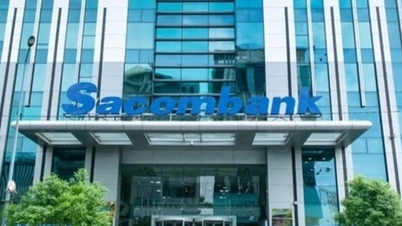




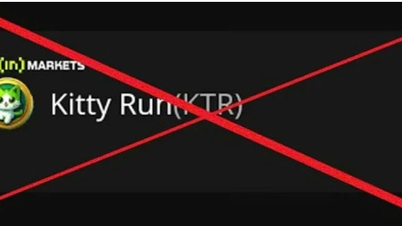

![[Photo] General Secretary To Lam chaired a working session with the Standing Committee of the Party Committee of the Ministry of Foreign Affairs](https://vphoto.vietnam.vn/thumb/402x226/vietnam/resource/IMAGE/2025/9/15/f26e945b18984e8a99ef82e5ac7b5e7d)
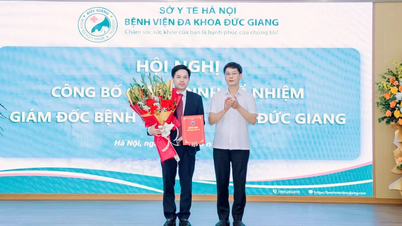


![[Photo] General Secretary To Lam attends the 80th Anniversary of the General Department of Defense Industry](https://vphoto.vietnam.vn/thumb/1200x675/vietnam/resource/IMAGE/2025/9/15/fb8fd98417bb4ec5962de4f7fbfe0f6a)



























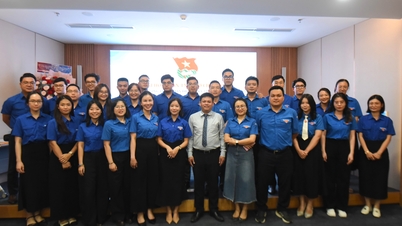











![[Live] Closing of the National Achievements Exhibition "80 Years of Journey of Independence - Freedom and Happiness"](https://vphoto.vietnam.vn/thumb/402x226/vietnam/resource/IMAGE/2025/9/15/de7064420213454aa606941f720ea20d)




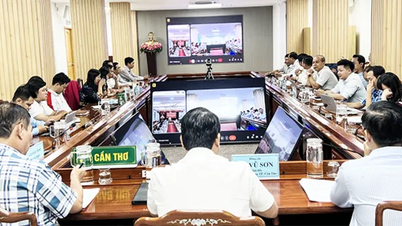




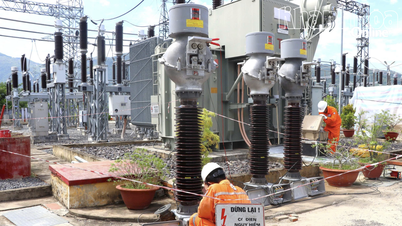

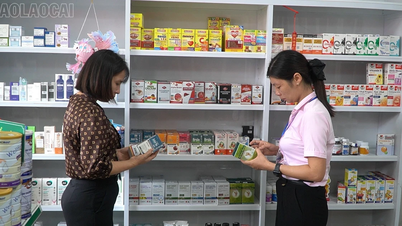



















Comment (0)